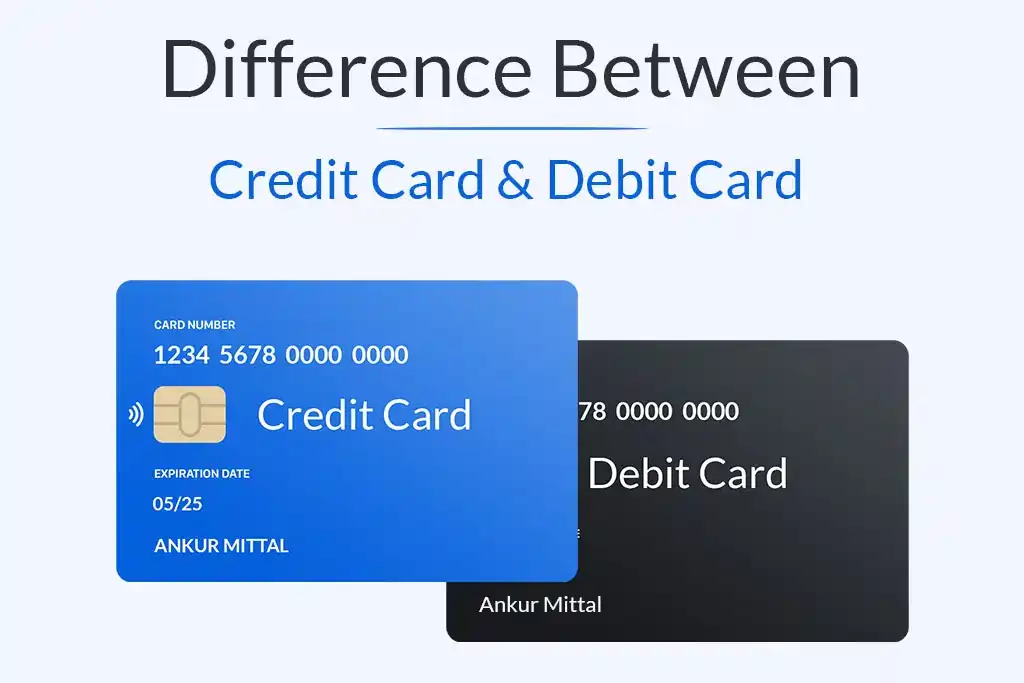As a financial adviser, one of the most common questions I hear from clients is whether they should use their debit card or credit card more often. Both are essential tools in personal finance, yet they serve different purposes and carry distinct advantages and risks. The decision ultimately depends on your financial goals, spending habits, and how disciplined you are with repayment.
Understanding the Basics
A debit card is directly linked to your bank account. When you use it, money is immediately deducted from your balance. A credit card, on the other hand, allows you to borrow money from a financial institution up to a preset limit, with the expectation that you will repay it either in full each month or over time with interest.
This fundamental difference is what shapes their impact on your financial life.
The Case for Debit Cards
Debit cards are simple, straightforward, and carry little risk of long-term debt. For clients who struggle with overspending, I often recommend leaning on debit cards for everyday transactions such as groceries, utilities, and dining out. Since funds are withdrawn instantly, you cannot spend beyond what you have, making them a natural budgeting tool.
Additionally, debit cards come with lower or no fees, and you avoid interest charges altogether. They are ideal for individuals who want to stay debt-free and maintain a hands-on approach to cash flow management.
However, debit cards don’t contribute significantly to building a credit history. They also provide less protection in case of fraud compared to credit cards, which is worth noting for large or online purchases.
The Case for Credit Cards
Credit cards, when managed responsibly, can be powerful financial tools. I encourage clients with stable incomes and disciplined habits to use them for recurring expenses—particularly those they can pay off in full each billing cycle. This approach allows them to build a strong credit score, access rewards programs, and take advantage of added protections such as purchase insurance, extended warranties, and fraud safeguards.
Moreover, credit cards create a positive credit history, which is vital when applying for a mortgage, auto loan, or even when negotiating rental agreements. They provide short-term liquidity as well, which can be useful in emergencies, provided the balance is repaid quickly.
The downside is clear: carrying balances from month to month can lead to high-interest debt. For many households, this is the single largest financial risk.
Finding the Right Balance
My professional recommendation is not to choose one over the other exclusively, but to use them strategically together. Debit cards should be your default for discretionary spending if you are working to stay within budget. Credit cards, meanwhile, should be reserved for planned purchases that you know you can repay in full, or for transactions where their protections are valuable—such as booking flights, shopping online, or paying for electronics.
The right balance ensures you enjoy the safety of debit, the rewards and credit-building of credit cards, and avoid the pitfalls of debt.
Debit Card vs Credit Card: Pros and Cons
| Feature | Debit Card | Credit Card |
|---|---|---|
| Source of Funds | Directly linked to your bank account; money deducted instantly. | Borrowed from the card issuer up to your credit limit. |
| Risk of Debt | No risk of debt since you can only spend what you have. | High risk if balances are not paid in full; interest can accumulate. |
| Credit Score Impact | Does not help build credit history. | Helps build credit score if used responsibly. |
| Fraud Protection | Limited protection; disputed funds may take time to be refunded. | Stronger protection; liability often limited, faster dispute resolution. |
| Rewards & Benefits | Very few or none (depending on bank offers). | Cashback, points, travel rewards, purchase protection, extended warranties. |
| Fees & Charges | Usually low or no fees; no interest charges. | Annual fees, late payment fees, high interest on unpaid balances. |
| Best For | Budget control, everyday spending, avoiding debt. | Building credit, planned purchases, online transactions, and rewards. |
There is no universal answer to whether debit or credit cards should be used more often—it depends on your financial discipline and long-term goals. If you are debt-averse and prefer simplicity, debit is the safer path. If you are confident in your ability to pay balances in full, credit cards can enhance your financial standing.
The ultimate rule I give my clients is this: never spend money you don’t already have. Whether it flows through a debit card or a credit card, your financial health depends on controlling your spending, not on the plastic in your wallet.
